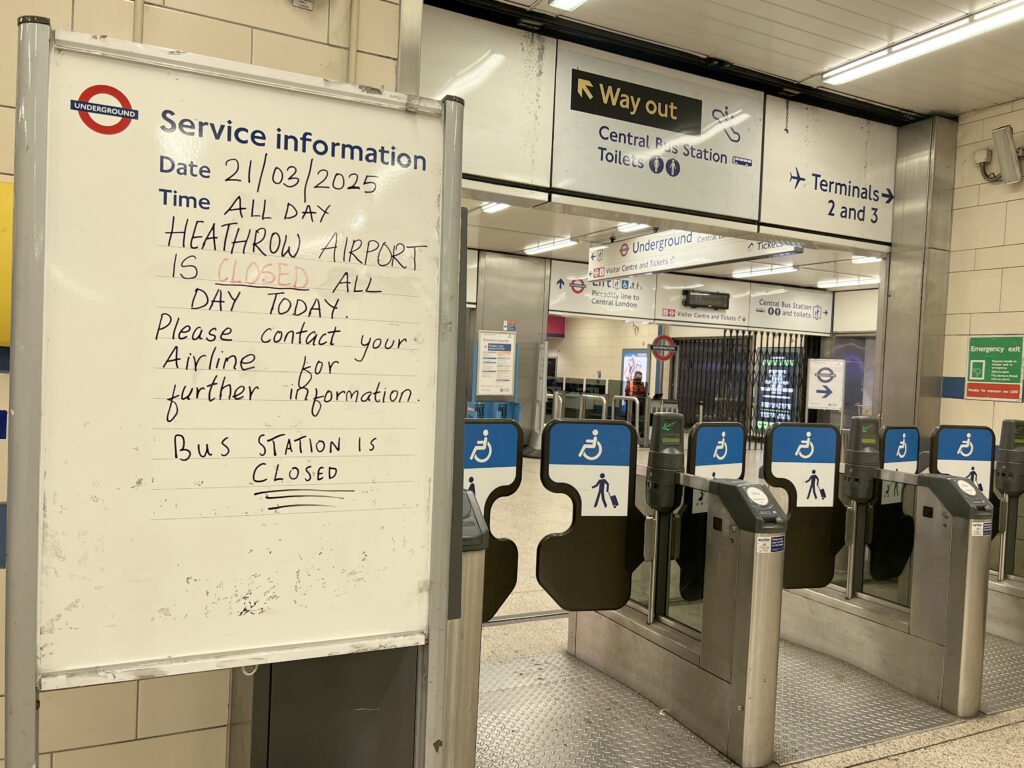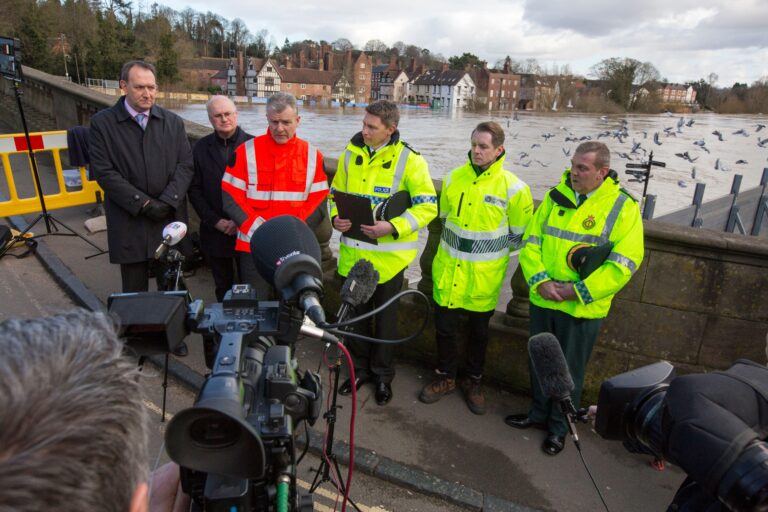The recent Heathrow Airport shutdown was a textbook example of what happens when crisis planning falls short. Flights grounded, passengers stranded, and businesses facing millions in losses all because of a failure to anticipate and respond effectively to an infrastructure issue.
Former British Airways CEO Willie Walsh called it “a clear planning failure”. And he’s not wrong. The incident raises serious concerns about risk assessment, crisis preparedness, resilience, and leadership in moments of high-stakes decision-making.
What Went Wrong at Heathrow?

We now know that despite a substation fire cutting power, Heathrow had two other substations capable of supplying the airport. According to National Grid boss John Pettigrew, “there was enough power available to keep the airport open”. But something in Heathrow’s internal setup prevented it from fully switching to backup power raising doubts over the resilience of Europe’s largest aviation hub. Compare this to a nearby data centre which was also affected by the substation fire. The centre consumes even more power than Heathrow, it has a 100% backup system, ensuring uninterrupted operations. So why doesn’t an airport, with its national and economic importance, have the same safeguards?
And then there’s the leadership question. Reports suggest that Heathrow’s CEO went to bed and left his deputy in charge overnight during the crisis. While delegating is part of leadership, it raises concerns about crisis management protocols at the highest level. Was there a clear plan? A decisive chain of command? The government has now ordered an urgent investigation into the shutdown, which disrupted the journeys of over 200,000 passengers and cost the airline industry an estimated £60-70 million.
The Bigger Picture: Crisis Planning and Communication
If there’s one lesson here, it’s that crises don’t just test your infrastructure they test your communication and leadership under pressure. Poor planning leads to confusion. Unclear contingency strategies damage reputations. And once trust is broken, rebuilding it is an uphill battle.
That’s why having a robust crisis communication strategy is essential. At PA Media Academy, we are excited to announce our new Crisis Communications Course, which equips organisations with the skills to predict, prepare for, and manage crises effectively. Covering everything from media strategy to spokesperson training, our expert-led sessions available in person or remotely ensure your team is ready to safeguard your reputation under pressure. Don’t wait for a crisis to test you – be proactive. Prepare your organisation now with a crisis communications course, or go further in depth with a business resilience bundle.


